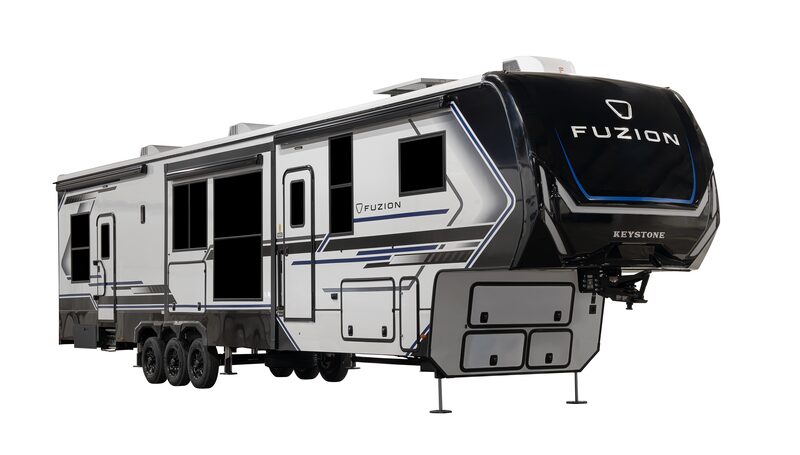Andy and Kris travel long-term in their RV, exploring the United States with their two boys and new baby. Andy works a remote job in software while Kris roadschools the kids. The Murphy family loves taking pictures and writing about their adventures as they go.
Tips For Saving Money While RVing
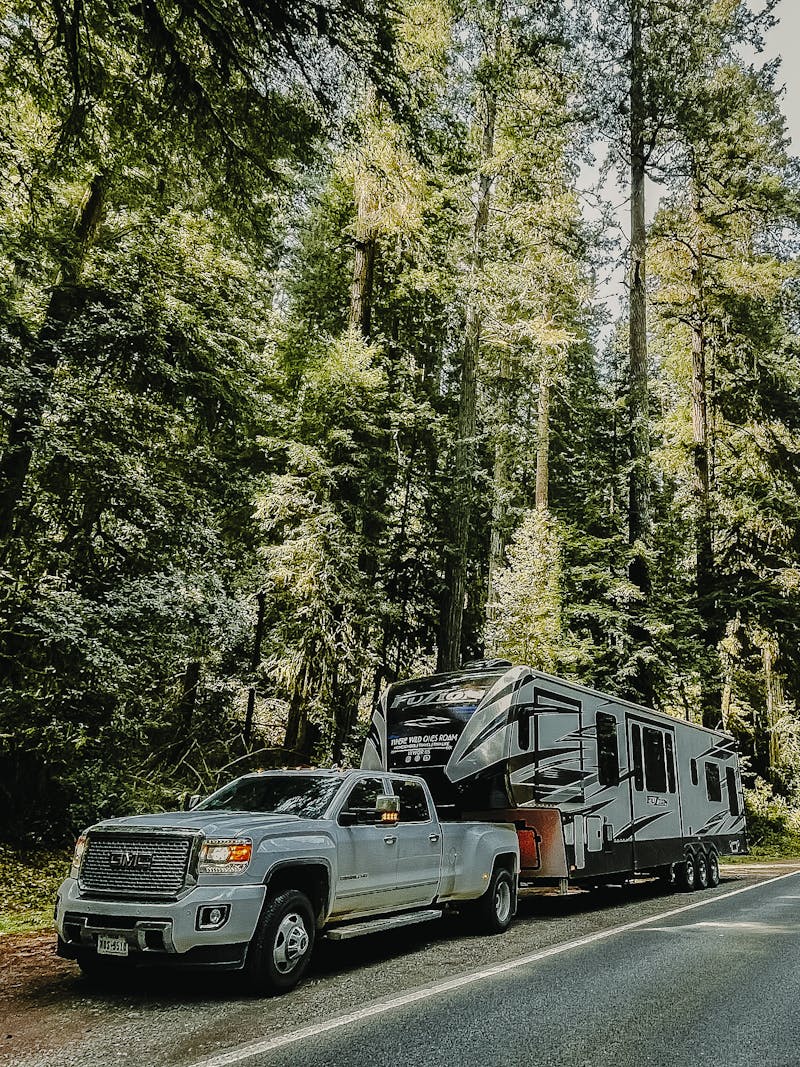


ANDY & KRISTEN MURPHY
RVing is a great way to get out and explore the incredible places around you. And just like with any trip or vacation, budgeting can be a critical factor when it comes time to plan and prepare. After RVing extensively for nearly four years, we’ve found plenty of ways to save big and maximize our budget, including things like campgrounds, gas, maintenance, dining, and recreational activities. Here are a few of our best tried-and-true tips to help you save money while RVing.
Saving On Campgrounds
We love staying at RV parks and established campgrounds, especially if they offer luxurious amenities and are in a great location. However, these types of places can get expensive, especially if you’re taking a longer trip or are a long-term RVer. Here are a few ways to help save money on campgrounds and overnight locations.
- Discount And Membership Groups - Discount groups and membership clubs typically require an annual fee that then allows you to stay in a wide variety of places for a discounted price. There are a wide variety of campground memberships depending on where you are going, region of the country and style of camping. Using a membership can really help you save a lot of money, especially if you plan to travel and camp a lot. A popular membership club is Passport America, which provides lots of locations throughout the country for a low membership fee. We’ve been using Passport America for a while and it has paid for itself over and over. Good Sam is another popular option, and there are numerous campgrounds within their network. If you travel along the coasts or in population destinations like national parks, Thousand Trails has excellent camping options.
- Non-Traditional Campground Options - Expanding your search beyond established campgrounds and RV parks is a great way to find unique locations and save some money.
undefinedundefinedundefined - State And National Parks - In our experience, RV camping at state and national parks is more affordable compared to other private campgrounds and RV parks. You may not get all of the amenities and hook-ups of a private campground, but the locations are tough to beat. These places can be hard to book, especially if they’re located in or near really popular places like Yellowstone National Park., but if you plan ahead or visit during a shoulder or off season, these might turn into some of your favorite places to camp.
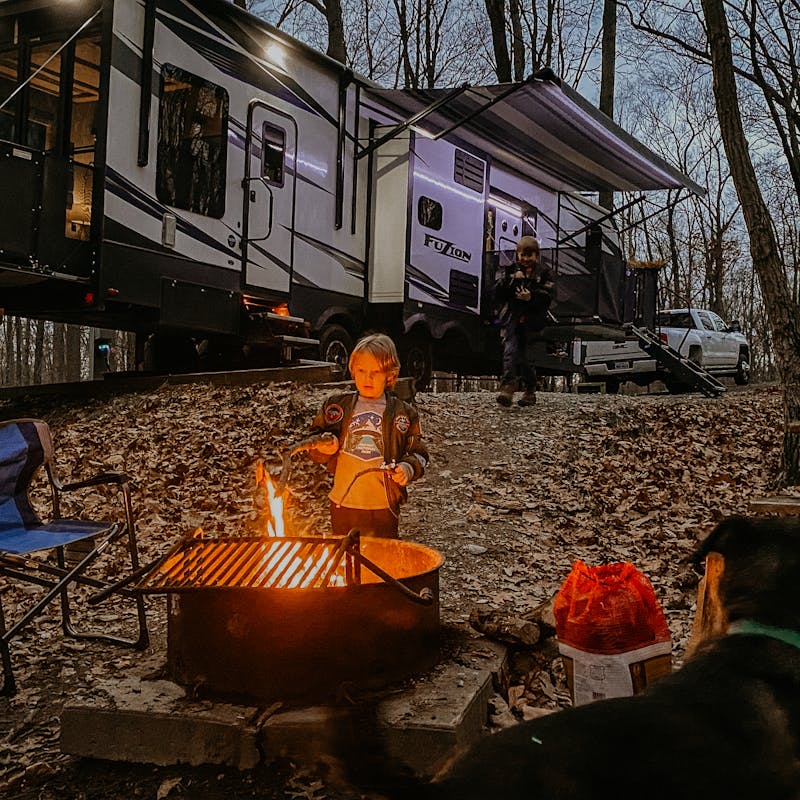
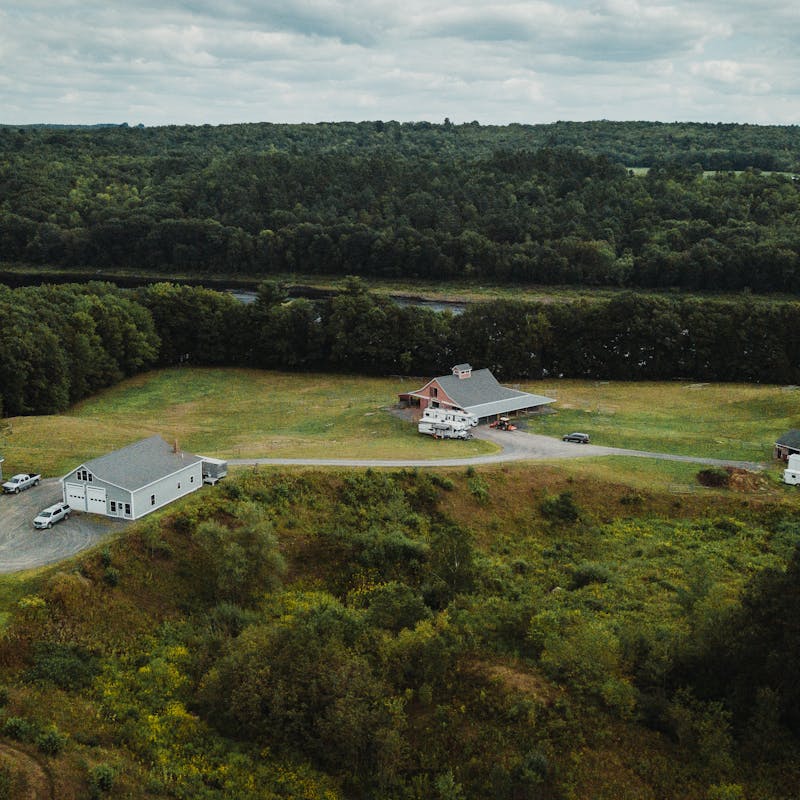
Saving On Gas And Fuel
Gas and fuel prices are often on every RVer’s mind. Our tow vehicle takes diesel fuel and has an 80 gallon tank, so being able to use gas more efficiently and finding the best prices are things we really focus on. GasBuddy and Open Roads are two services we use to help reduce fuel costs, both of which have their pros and cons.
- GasBuddy - This easy-to-use mobile app tells you the different prices of gas at nearby stations. It comes in handy when you need to know that gas is 10 cents cheaper at the next exit. GasBuddy requires a membership, and costs about $9 per month. We think this fee is worth every penny, as we can easily save between $30 and $50 every month—and sometimes more if we’re driving a lot. The only downsides to GasBuddy are the daily and weekly limits. There is a $100 daily limit for filling up and a weekly cap for how much you can spend on gas.
- Open Roads - This discount gas program is for diesel and truck stops only. You have to apply to receive an Open Roads account and, once approved, it acts like a debit card and removes money directly from your account. On average, you can save anywhere from 30 to 50 cents per gallon. And while it does cost money to open an account, the big benefits are that there is no spending limit and it works at most major truck stops, including Loves, TA, Kwik Trip, and Petro. The prices are not as low as what we see with GasBuddy, but you can still get a full tank of gas at a good price and filling up at truck stops is much easier when towing a large rig.
Saving On Repairs And Maintenance
Maintenance and repairs can be challenging. It’s often hard to know exactly what type of maintenance needs to be done at what time and how much money to set aside for potential repairs. This can also vary depending on if you have a towable RV or a motorized RV. But there are some things you can do to help minimize repairs and maintenance, both of which can save you a lot of money in the long run. The first thing is to always do a thorough pre-travel inspection. Doing a complete walk-around of your RV to check for things like missing bolts, open windows and low tire pressure can help you find potential problems and address them quickly. Another important part of the process is keeping a log of when you have various maintenance items done on your RV. This can include things like greasing your wet bolts, inspecting your seams and seals, and repacking the wheel bearings. Knowing the last time a basic maintenance check was done, and when you need to check it again, will help keep your RV in good shape and save you money in repairs down the road.
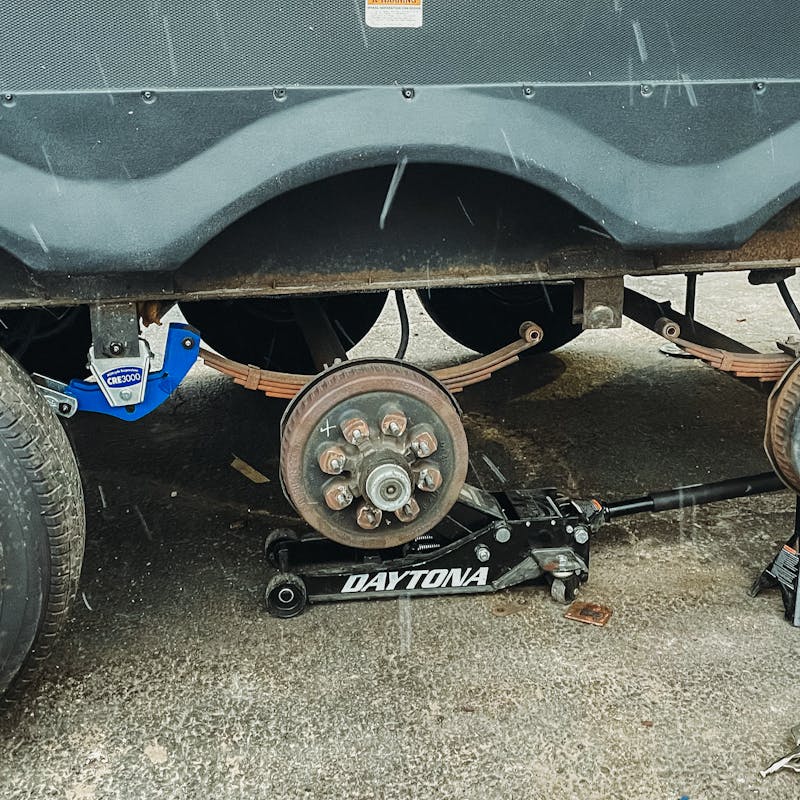
Saving On Dining And Meals
How much food you can store in your RV will vary depending on the size and layout of your RV and the kitchen space. With our family of five, including a teenage boy, we’ve learned that we can store about a week’s worth of groceries at one time. A big money-saver has been preparing and cooking most meals in the RV and limiting the number of times we eat out at restaurants. Additionally, having a food shopping schedule has really helped us save. Every Sunday, we plan our meals for the week and then do a grocery run on Monday. We’ll sometimes do a small food run mid-week if we need something fresh or know we have big travel plans that coming weekend. Sticking to our plan has really helped us budget our food costs. And when we do eat out, we like to read reviews and see what other people had to say about prices, portion sizes and the overall experience to see if it will be worth trying.
Saving On Activities And Recreation
RVing can make exploring the country much easier and more accessible. However, with so many new places to visit and things to do, recreational activities can quickly add up. Visiting museums, renting a boat, even park entrance fees can put a strain on your travel budget. Here are some things to consider if you’re trying to cut back on costs but don’t want to cut back on fun adventures.
- Annual Park Passes - If you’re planning to visit any national park across the country, then you might want to consider getting an annual park pass. This pass, called America The Beautiful, is especially great if you’re planning to visit a few different parks and want to save on entrance and parking fees. The pass costs $80 for one year and gets you entrance into any national park and federal recreation lands for free. If you’re over the age of 62, the pass only costs $20 for one year (or $80 for a lifetime pass). And if you’ve served in the military or are currently serving, then the pass is completely free. If you’re traveling with a child in 4th grade, then they can get a free entrance pass for the whole family for the duration of their school year. This applies for homeschoolers and free-choice learners who are 10 years old. Be sure to register for the Every Kid Outdoors voucher first before obtaining the 4th grade pass.
- Museum Reciprocity - Museums, zoos, aquariums, and art galleries are all great ways to explore fun exhibits and add some educational activities to your visit, but admission prices to these places can get expensive. A great way to save some money is by purchasing a membership that also has reciprocal memberships across the country. You can save anywhere from 50 to 100 percent off (that’s right, free!) of your admission with a qualifying membership card. Be sure to check out this website to learn more about the reciprocal memberships available and what is included with each. We have loved our museum reciprocity for places like children’s museums, planetariums, aquariums, and science centers like The Lowell Observatory.
- Homeschool Days - Many places offer discounted rates for homeschooling families to visit and enjoy throughout the year. This is especially common in more historical places, like Colonial Williamsburg in Virginia. Be sure to check the website of the attraction or museum you plan to visit to see if there are any discounted events you might be able to take advantage of.
- Weekday / Non-Peak Discounts - If you are traveling during the week, check to see if any attractions or locations offer weekday or non-peak discounts. We have been able to participate in tours at a discounted rate by simply going on a Tuesday rather than over the weekend. And the same goes for visiting during non-peak seasons and hours. Again, check the attraction’s website for pricing details to see if these options are available during your visit. It’s a great way to experience the same fun while also saving a few bucks.
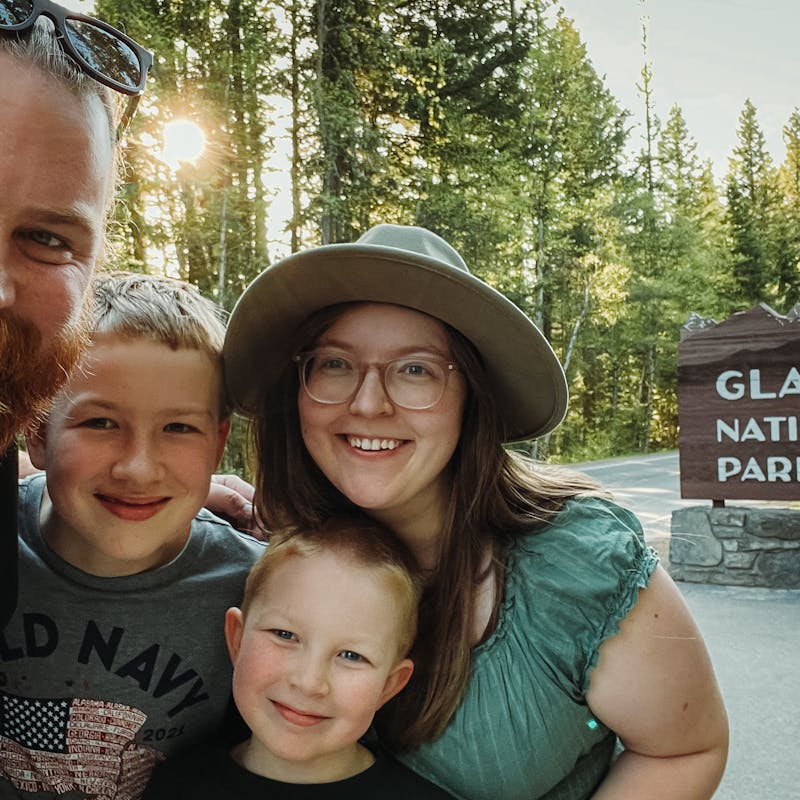
Making the most out of your RV trip doesn’t have to cost a lot of money. You can save by utilizing discount programs, taking advantage of non-peak seasons, even trying your hand at boondocking for a few nights. With these tips, we hope you’ll get the most out of your next big adventure without having to spend the big bucks.

Toy Haulers
Many people think of toy haulers as the wild-child of the RV world. Sometimes that’s true. While the toy hauler originated as a mobile man-cave complete with diamond plate walls, this popular RV type has evolved into much more. Today you might want to think of toy haulers as open-concept living spaces with multi-purpose utility.
Find Your Perfect RV
Whether you're new to the world of RVing or you're ready to narrow your search, we're here to help you sort through it all and find the RV that's right for you. Explore RVs based off of your lifestyle and the features important to you.

